The Creative Teaching Awards are presented annually on behalf of the Office of Instruction to faculty who have demonstrated exceptional creativity in using either an innovative technology or pedagogy that extends learning beyond the traditional classroom or for their creative course design or implementation of subject matter that improves student learning outcomes in their courses.
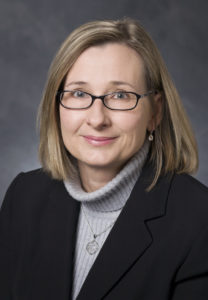
Audrey Haynes, associate professor of political science in the School of Public and International Affairs, is setting students up for success through her course, “Introduction to Applied Politics.” Students learn about political agenda setting, political communication, and campaigns. Guests who work in the field visit the class to share wisdom and serve as mentors. Haynes uses “engagement points” to reinforce learning as students are rewarded for interactions with the professor and the visiting guests; participating in events outside of class; independent learning; and independent interactions with the guests, such as connecting with them on LinkedIn and sending thank you notes. This strategy primes students to think about their own participation in the course and to recognize that learning outcomes depend on their own level of involvement.
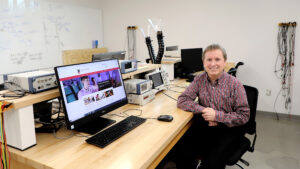
Chris Herring, a lecturer in the School of Electrical and Computer Engineering in the College of Engineering, provides his students with a “mini-internship” experience in his “Computer Architecture” course. Herring’s students work together in design teams to complete projects that evolve as students collaborate and learn new concepts. Herring acts as project manager, keeping students on track while students work to find the path to the solution. Students can have multiple roles in the project and serve as both mentors and mentees. And every iteration of the class builds on the previous class as student work will be used in the next year’s version of the course. Students are rewarded for creating productivity enhancements not envisioned by the project and for finding and correcting errors in any course or project materials.
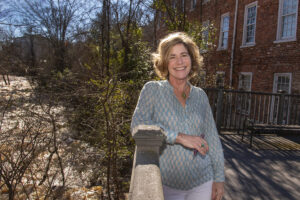
Jane McPherson, an associate professor in the School of Social Work, immerses her students in the complex history of social work in Athens in her course, “Complex Cloth.” A highlight of SOWK 7500, a capstone in the Master of Social Work program, is visiting the Special Collections Libraries, where students get hands-on opportunities to interact with historic objects. One student commented: “Understanding and conceptualizing historical artifacts from Athens, Georgia, and its connection to the social work field assisted me in guiding my purpose as a social worker…engaging with artifacts and documents provided me with a physical connection to community…I think it is important all social work students see and engage in this history.”
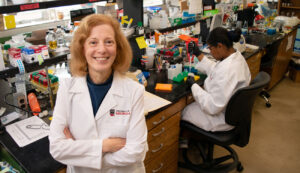
Ellen Neidle, a professor in the microbiology department in the Franklin College of Arts and Sciences, teaches the thrill of true experimental discovery. She developed her “Experimental Microbiology” lab using active learning to inspire her students to test new hypotheses toward solving complex issues. Rather than teaching experiments with known outcomes, Neidle involves her students in authentic research projects and includes them in the entire process of experimental design, implementation and analysis. The goal is to motivate creativity, instill curiosity, build confidence and foster independent thinking. Students learn cutting-edge molecular biology techniques and read current literature. At the end of the course, students give final presentations to a small group of faculty members.
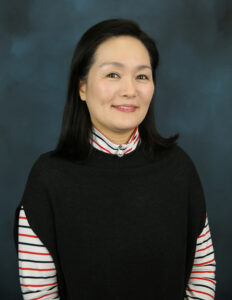
Research, design, technology and branding are all intertwined in “UX/UI Design Applications in Fashion Branding,” taught by Yoo-Kyoung Seock, a professor in the Department of Textiles, Merchandising and Interiors in the College of Family and Consumer Sciences. This class provides students with a hands-on, industry-partnered learning experience that integrates data analysis, user experience research, and design thinking skills. The class partners with Carter’s, Inc., an Atlanta-based children’s clothing company. Students look at revamping the company’s app interface with a focus on user-centered design and creating user-centered solutions. Seock’s class helps her students build their portfolios and their confidence toward a career in the fashion industry.


